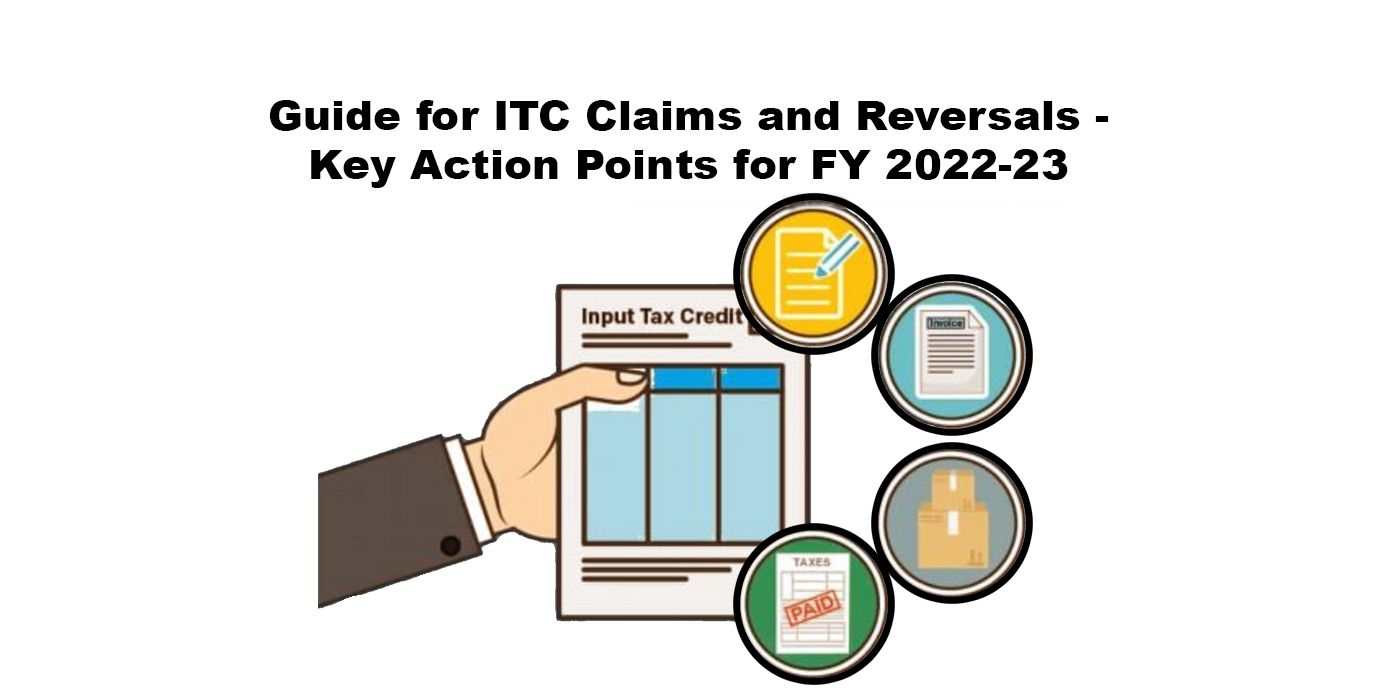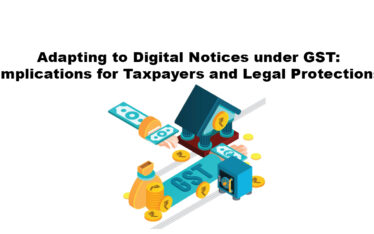Since the deadline of November 30, 2023 looms for the financial year 2022-23, it is imperative for taxpayers to proactively take measures to ensure adherence to GST regulations governing Input Tax Credit (ITC). According to section 16(4) of the CGST Act, a taxable individual is ineligible to claim ITC for any invoice or debit note related to goods or services beyond 30th November following the conclusion of the relevant financial year or the filing of the corresponding annual return, whichever is earlier. Also, starting from January 1, 2022, a registered entity can only avail ITC for invoices or debit notes provided by the supplier in their GSTR-1/IFF and reflected in GSTR-2B.
Listed below is the breakdown of the key action points and reconciliations that need to be addressed to:
1. Review of Purchase/ Expense Register:
It is essential to identify eligible and ineligible ITC to maximize tax benefits and prevent unnecessary claims. The taxpayers should diligently review their purchase register to classify eligible and ineligible ITC.
2. Reconcile Books and GST Returns:
The reconciliation process involves matching the ITC claimed in the GSTR 3B return with the ITC recorded in the company’s accounting books. This step ensures that the ITC claims are accurate and compliant with GST regulations.
3. Co-ordination with the Vendors:
In cases where vendors have not reported invoices or debit notes pertaining to the FY 2022-2023 in their respective GSTR-1, taxpayers should follow up and ensure that the said invoices/ debit notes are accurately reported. It is important to keep in mind that failure on part of vendors can result in the permanent disallowance of ITC claims.
4. Review of GSTR-2B Data:
The most crucial aspect is thoroughly reviewing the GSTR-2B data to ensure that it aligns with their purchase/ expense register. Any mismatch between GSTR-2B and the purchase register should be addressed promptly to avoid potential issues with ITC claims.
5. Review ITC Re-claim:
Under the GST law ITC needs to be reversed if the payment to the vendor is not made within 180 days. The taxpayers can re-claim the ITC after payment to the supplier, which was earlier reversed due to non-payment within stipulated time. It is important to check the books of accounts for any such entry on which ITC can be claimed.
6. Review ITC on Fixed Assets:
As per the GST law, ITC cannot be claimed on the fixed assets where depreciation is already claimed. The taxpayer should thoroughly review the fixed asset register and check if any ITC needs to be reversed.
7. Review ITC for Tax Paid on Reverse Charge Basis:
It is important to cross-check books of accounts to confirm if GST under reverse charge mechanism has been paid for proper transactions at the appropriate rate and the ITC thereof has been claimed in the GST returns.
8. Review expenses with ineligible ITC:
As per section 17(5) of the CGST Act, 2017, ITC certain purchases/ expenses cannot be claimed. This includes expenses towards life insurance and health insurance, expenses to obtain club membership or towards health and fitness centers, expense paid for outdoor catering or food or beverages etc.
9. Claim Eligible ITC and Reverse Ineligible ITC:
The final aim of the above exercise is to identify eligible and ineligible ITC. It is vital to claim all eligible ITC and reverse any ineligible ITC. This action is integral to ensure compliance and to avoid complications in the future.
Conclusion:
The deadline of 30th November is a crucial checkpoint for GST-registered dealers aiming to secure ITC for the preceding financial year. Regular reconciliations serve as the backbone in maintaining the precision and legitimacy of ITC claims. Ensuring timely and accurate ITC claims goes beyond efficient financial record-keeping; it acts as a safeguard, guaranteeing compliance with GST regulations and shielding businesses from potential legal and financial repercussions. Taking proactive steps to meet this deadline becomes imperative, steering clear of any unwarranted complications in the process.





